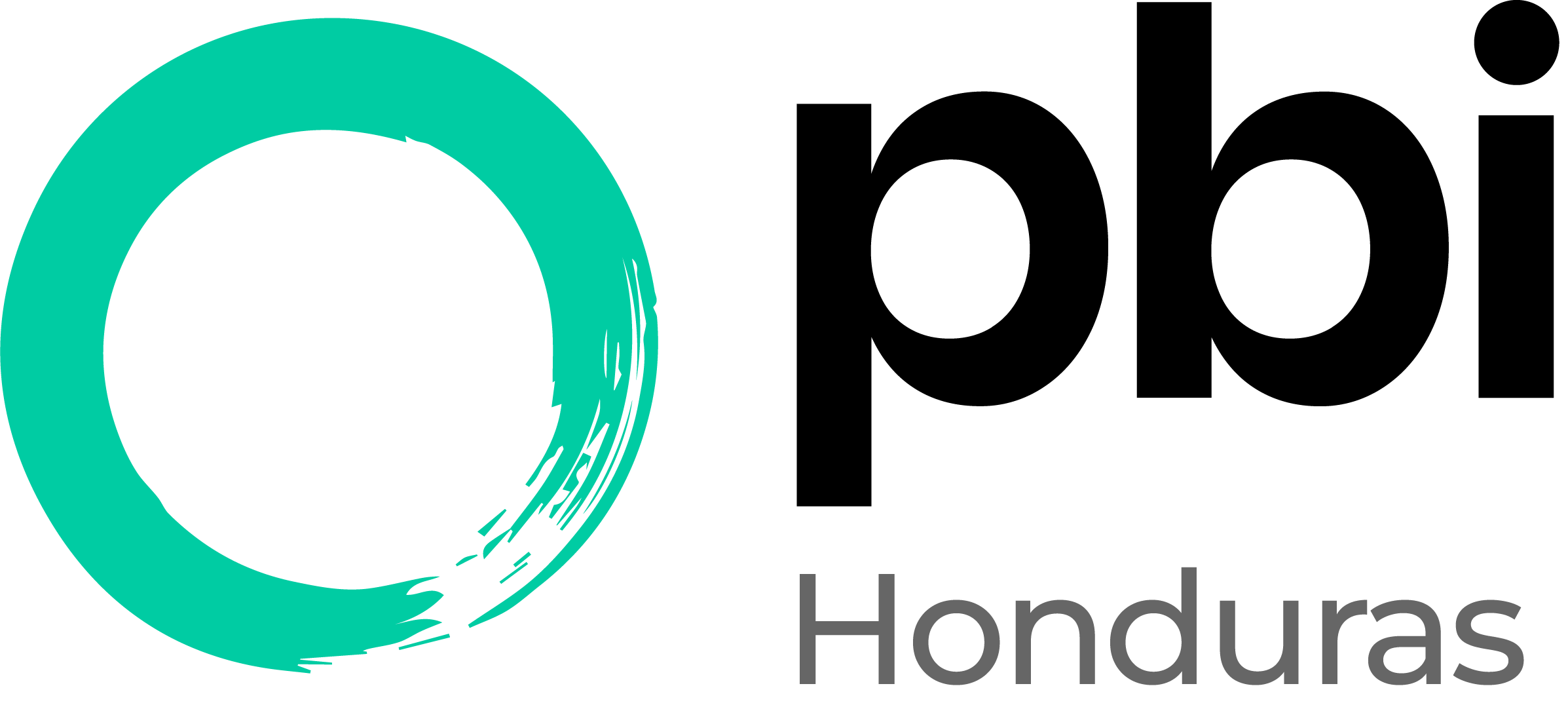# StandWithHer
Every day more women all over the world are taking action to promote equality, peace and justice. It is these women who, whether they mean to or not, are transforming traditional gender roles and power structures, by dedicating their lives to defending fundamental human rights. More and more, these extraordinary women are identifying themselves as human rights defenders. In general, it is said that women are doubly vulnerable, for being women and for defending human rights, however, they are strengthened by their determination to create positive change in our societies.
